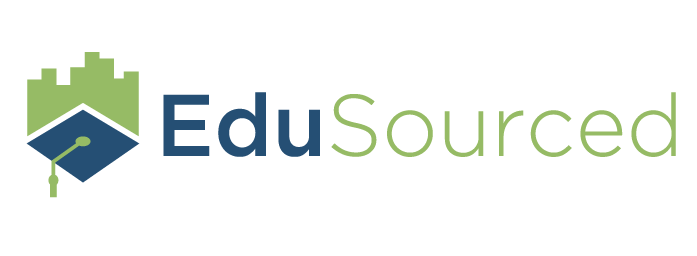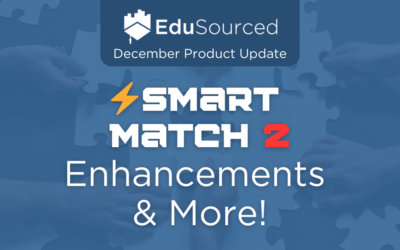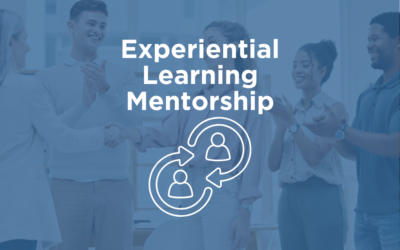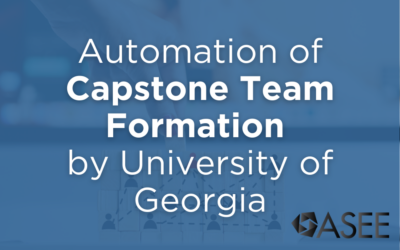
How do MBA Programs give students real-world learning experiences to prepare them for the job market? Now more than ever, business schools are looking for ways to attract and retain the most ambitious students and best prepare them for a career that will span almost 50 years. Experiential learning programs do just that: by bringing current business situations into the classroom, they help students gain the tangible problem-solving skills that they need to succeed after graduation.
In the past decade experiential, action learning or project-based learning (PBL) programs have gone from nice-to-have to need-to-have at the top business schools. Now that PBL is taking off, schools are working to scale their programs, are reaching more students, and are focusing more resources on building relationships with companies that will provide excellent learning opportunities and future employment for new grads.
The vast majority of PBL or action learning programs I encounter are growing. Most of them are wrestling with how to go from 10-20 projects to 40 or more projects so that more students can participate or, in some cases, because participation has been made a requirement for graduation.
For example, since the University of Illinois Urbana-Champaign’s Illinois Business Consulting (IBC) launched in 1996, it has grown dramatically. Now, with 350 participating students and over 80 projects completed each year, IBC has become the largest university consulting program in the country. So, how did they get there?
According to Andrew Allen, IBC’s director, it’s all about organizational structure.
In addition to a full-time staff, IBC has its own 14-student “C-Level” team, which includes a student director. Each student executive, called a “Senior Manager,” provides quality control and client interaction on three projects, while they practice making real C-Level decisions.
Andrew says that the students who become Senior Managers are ambitious and self-motivated who, as they prove themselves, start taking on responsibilities like formulating recruiting strategies and training programs. “The staff helps maintain stability and focus so that we avoid constantly reinventing the wheel, which can easily happen in student organizations” shares Andrew.
Andrew was one of EduSourced’s early adopters and advocates. He even signed on several months before it was built because he saw how it could help support a more efficient experiential learning program. And an efficient program is a scalable program.
Since we released EduSourced, we have focused on developing features designed to help action learning programs scale. We’ve introduced student-client communication tracking and milestone progress monitoring, and are developing a feature that provides real-time feedback on each project’s success. We are growing with our clients and as their programs continue to evolve, we are finding new ways to streamline the PBL management process– all with the purpose of helping programs run more efficiently and scale.



